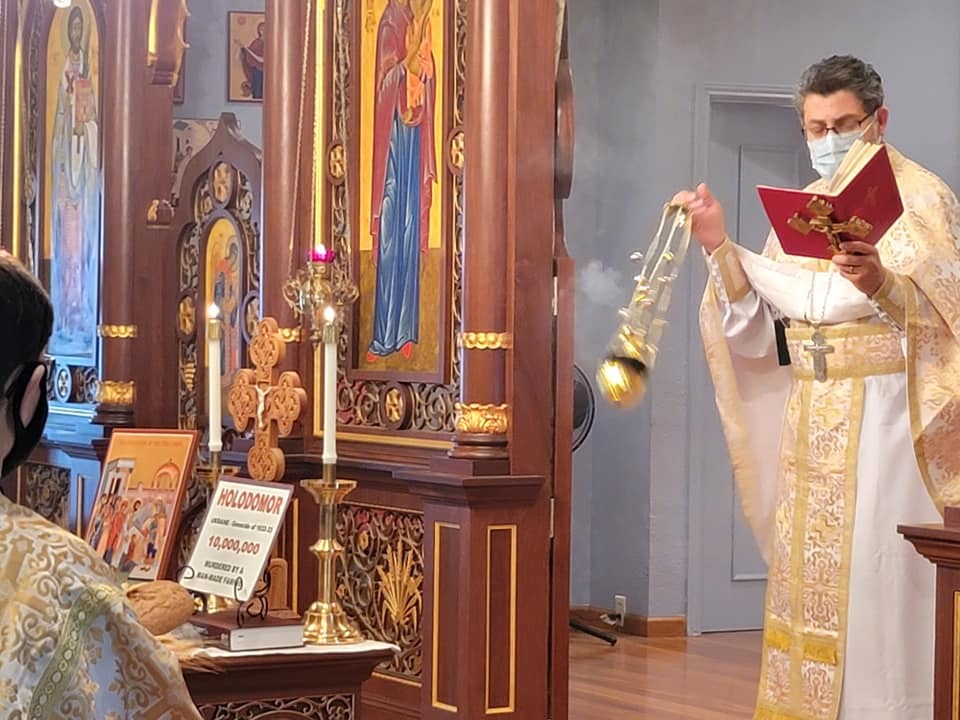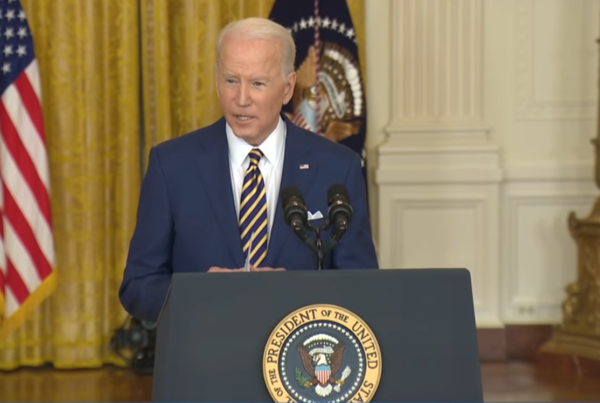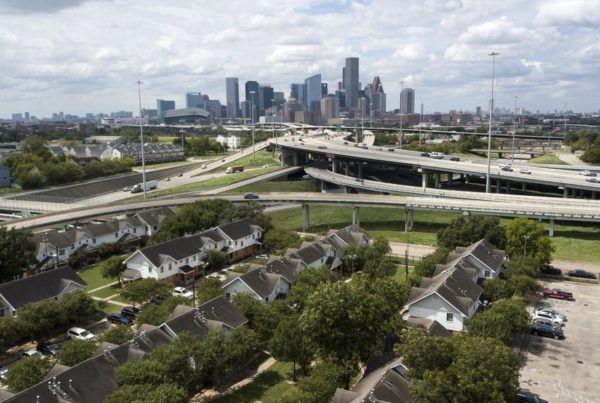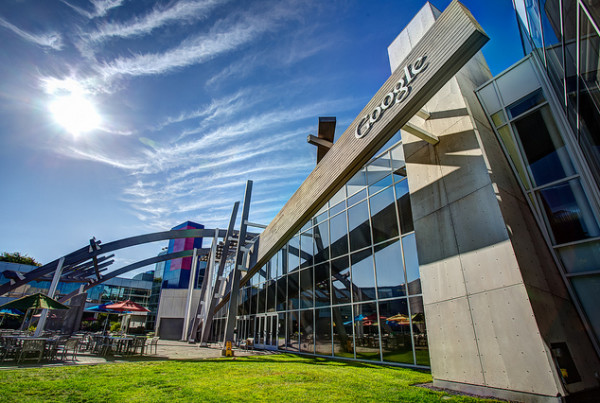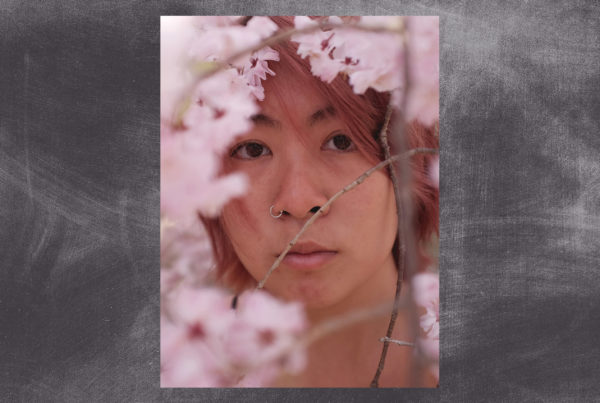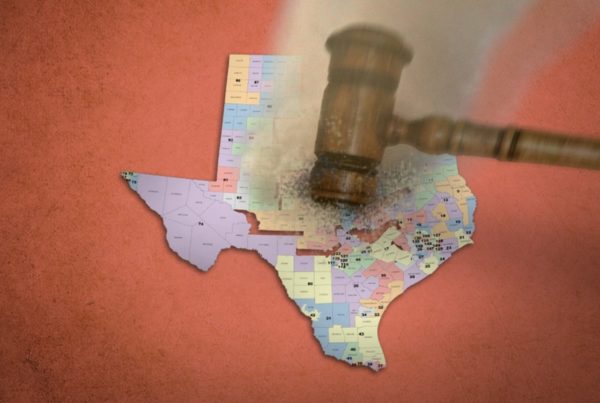On Sundays, parishioners of St. Sophia Ukrainian Greek-Catholic Church in The Colony say a prayer for the “Old World.”
“We also pray for peace … especially for peace in Ukraine,” the priest chanted.
Marta Petrash is one of the founders of St. Sophia, which was established in the early 1990s in the Dallas suburb. About a thousand Texas families of Ukrainian descent attend the church.
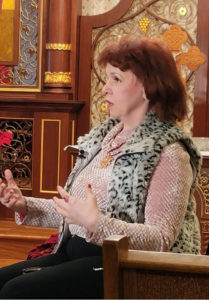
Marta Petrash grew up in Ukraine when it was under Soviet Union rule. She is one of the founding members of St. Sophia. Photo Courtesy Ukrainian American Society of Texas.
For Petrash, peace in Ukraine means freedom from centuries of deadly aggression from the Russian government. Conflicts within the past decade include Russia’s use of force to annex the Ukrainian peninsula of Crimea. That led to an ongoing war in eastern Ukraine between Russian-backed separatists and the Ukrainian government. More than 13,000 people have died in that war.
Today, Petrash is concerned with Russian President Vladimir Putin’s troop buildup on the Ukrainian border, and possible cyberattacks on Ukraine’s government, that potentially signal its intentions to invade Ukraine. On Jan. 23, the United States ordered Americans working at the U.S. Embassy in Kyiv and their families to leave the country.
“We pray for Ukraine’s freedom. We pray for Ukraine’s sovereignty,” Petrash said. “And we pray to God, ‘Help us to withstand this threat that comes from the aggressor country that wants to deprive us of our right to be free.’ ”
Petrash was born in Ukraine in 1960 and lived there while the country was under Soviet rule. She says she was a part of the movement for Ukrainian independence before the fall of the Soviet Union in 1991.
“I have a very clear understanding of the aspirations of the Ukrainian people because my parents were members of intelligentsia,” Petrash said.
“My mother was a doctor and her father was a professor at the university, and they instilled in me a very strong sense of Ukrainian identity. I experienced the brutality of the [Soviet] regime. … Even at that time, there was complete brainwashing and communist propaganda.”
Soon after Ukraine gained its independence, Petrash moved to Texas where she worked to build economic relationships with the Texas and Ukrainian oil industries. She joined the Ukrainian American Society of Texas.
Chrystya Geremesz is a founding member of UAST. Her parents immigrated to the United States after World War II.
“They could not return to Ukraine due to the political standing of Ukrainians that fought against the Russians, which my father did,” Geremesz said.
Geremesz, a real-estate agent now in her early 60s, grew up in a Ukrainian community outside of Philadelphia. There, her family continued to celebrate their heritage. Geremesz was immersed in the language, the food and the culture of Ukraine. When she moved to North Texas in the early 1980s, she found it harder to connect to her Ukrainian roots. (About 23,000 people of Ukrainian descent live in Texas, compared to 97,000 in Pennsylvania.)
“I felt really lost without my Ukrainian community,” Geremesz recalled. “So I had a bumper sticker that said, ‘Honk, if you’re Ukrainian.’ Surprisingly enough, I found other Ukrainians and we actually started to meet regularly and eventually formed our nonprofit organization.”
Geremesz is also one of the founders of St. Sophia’s. And through her church and UAST, she’s been able to bring more Texas Ukrainians together and educate others about the country, and especially its fight for sovereignty from Russia.
Geremesz says one of her greatest accomplishments through UAST is curating an exhibit on Holdomor, a genocide of Ukrainians that occurred between 1930-32, when the Soviet Union was under the rule of Joseph Stalin. In an effort to quell movements for Ukraine’s sovereignty from Soviet Russia, Stalin methodically starved 3.5 million to 7 million Ukrainians to death.
“Unfortunately, we have a history of brutality with Russia,” Geremesz said.
“Ukraine has struggled so fiercely to obtain a democratic, sovereign, independent state,” she said. “Ukraine never wanted to be part of the Soviet Union. Unfortunately, it was taken by force, by brutality, and so it was held captive. The language was taken away. The culture was subdued. It was illegal to do anything with an identity about Ukraine.”
Oksana Lutsyshana, an associate professor at the University of Texas at Austin’s Department of Slavic and Eurasian studies, is a native of Ukraine and specializes in Ukrainian literature. She’s lived in Texas since 2015, but most of her immediate family still live in Ukraine.
Lutsyshyna says there is concern, but also confusion over what will happen because it can be hard to parse fact from fiction in a part of the world that has been a victim of Russian propaganda.
“This is a country that emerged from this conglomerate of the Soviet Union where every piece of news was a lie. People can be very critical of news and very cautiously moving sort of in this ocean,” Lutsyshana said.
“It is true that this area has been a target area for the Kremlin in terms of propaganda and in the war of information, and this has been going on since the collapse of the Soviet Union. So it was decades. … It plays on, you know, TV … social media. It’s been having a devastating effect on politics and on what people elect.”
When Marta Petrash checks in with her family in Ukraine, she doesn’t hear as much fear as she expected, she says.
“It’s a very, very dangerous situation, but Ukrainians got used to this, you know, to this existence that requires sacrifice. And Ukrainians are not going to give up,” Petrash said.
Petrash wants the Biden administration to take a firm approach in its talks with Russia. She and Geremesz wish sanctions had already been imposed on the country and that the United States would give more support to Ukraine’s army.
“This is a very threatening position for Europeans. This is a very threatening position for the United States and obviously the stability of the world,” Geremesz said.
Meanwhile, Geremesz has heard reports of community militias forming in support of the Ukrainian Army.
“So the civilians, doctors, lawyers, students are training right now with guns and protective gear, whatever they can find,” Geremesz. “They’re learning how to use tactics to be able to protect their lands no matter where in Ukraine they are.”
“Ukrainians are ready to fight fiercely for their independence,” Petrash added. “No doubt, they are ready to die and stand up for the Democratic choice and for the entire Democratic world.”
This story has been updated to fix a grammatical error.
This story was done in collaboration with Reporting Texas, an online publication out of the University of Texas at Austin’s Graduate School of Journalism and Media.


